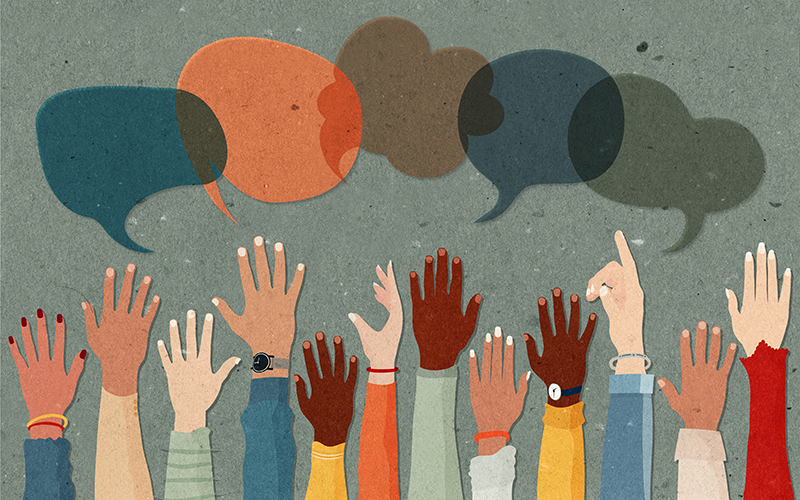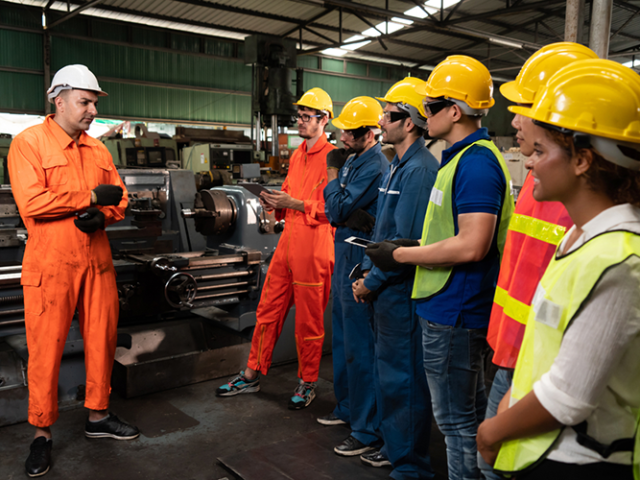Just 12% of engineers and technicians are female in a workforce made up of 47% female and only 8.1% are from ethnic minority groups. These alarming statistics highlight the huge diversity problem in engineering. Dr Tosha Nembhard, Assistant Professor in Aerospace Engineering, Coventry University provides insight into what can be done to make engineering more diverse, the benefits of greater diversity and the power of representation.
What is your current position?
I am an Assistant Professor in Aerospace Engineering. I joined Coventry University in 2014, having previously worked as Head of Advanced Programmes at UTC Aerospace systems in Wolverhampton, now known as Collins Aerospace.
How are you challenging stereotypes?
I did not realise this until quite recently but by just being me, I am changing the perspective of engineering. I am a brown international woman who has worked at a senior position in the aerospace industry and now I lecture in aerospace engineering and that changes how my students and peers perceive engineering.
As a STEM ambassador, I proactively engage with schools and I deliver talks, support career days as well as mentor young children. I also mentor young professionals as a BME engineer and as a female engineer. I continue my work to inspire and break stereotypes as a member of networks such as Women in Engineering society, Women in Aviation and Aerospace Charter, WISE campaign, and Association for BME engineers.
What can be done by education systems to make engineering more diverse?
There has been an amazing STEM campaign going on for years now and we have managed to get more girls into engineering, although it is still not where we should be. We all have unconscious biases; teachers, parents, career advisers, lecturers, coaches, heads of schools/universities; and sometimes we can unintentionally discourage girls and BME students when it comes to pursuing a career in engineering. We all need to continue educating ourselves about the disparities in our societies and question and correct our approaches.
However, despite the uptake of STEM subjects increasing amongst female students at schools, there is not nearly enough female applicants for engineering degrees. In my opinion, the main deterrent is the progression from education to employment. If you look at the engineering industry today, there is very little improvement in the representation of female or BME engineers. This is discouraging and that’s one of the main reasons why we don’t get many female or BME students doing engineering degrees.
Why do you hope visiting schools will encourage more people from diverse backgrounds to pursue engineering?
Seeing me is a big encouragement. The power of representation is immense. I talk about my experiences and challenges; showing the children that I used to be one of them. I encourage them to pursue what they want to do and stress that with hard work and belief in themselves, they can achieve it. My moto is: “When someone says something is impossible, it is only because no one has done it YET”. I also introduce the children to aerospace engineering, which is often a brand new concept to them. This whets their appetite to learn about other forms of engineering.
How is Coventry University providing opportunities for people from diverse backgrounds to pursue an engineering career?
I have driven Coventry University’s membership to the Association of BME Engineers (AFBE-UK) and this is our second year of membership. AFBE delivers workshops which helps our students with CVs, interviews, and networking. They get to hear from BME professionals in the field and learn about their journeys, hopefully making engineering seem less farfetched.
I am also actively working to create more awareness in the School of Mechanical, Aerospace and Automotive Engineering about what we can do to critically review our content/assessments and decolonise our curriculum.
What is the biggest benefit of diversity in engineering?
A diverse industry has so many advantages. We will benefit from a range of new ideas, new concepts, new approaches to challenges. Moreover, getting people from diverse backgrounds to work together as a team towards a common goal will also lead to people understanding and be open and accepting to each other’s way of doing things better; an attribute that will also help the society in general.




